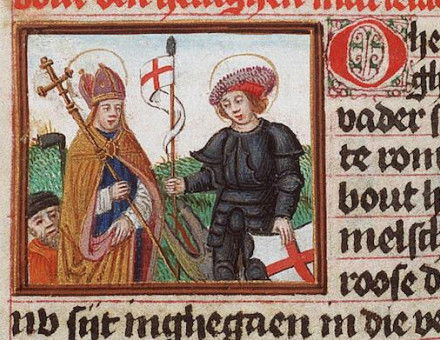Medicine in Ancient Rome
R.W. Davies describes how the Romans were often suspicious of doctors; and contemporary satirists, including Martial, cracked many jokes at their expense. Medicine, however, was now beginning to be practised on strictly scientific lines.
Ancient Greece, as with so many of the arts and sciences, provided numerous and skilled practitioners of medicine. The most important god of healing was Asclepius. A sick person would go to one of his temples (Asclepieia) and sleep in the precincts; next day the priests would interpret the patient’s dreams of the god and prescribe remedies.
An important medical school was founded by Hippocrates of Cos; later its medical works were collected to form the Hippocratic Corpus. Another school flourished at Alexandria. For several centuries there was nothing comparable at Rome, where the inhabitants relied on simple herbal remedies (scientia herbarum), a variety of minor deities, the protective power of amulets, and the recitation of magical formulae. A host of minor deities was worshipped, each of whom was responsible for a different type of illness.





